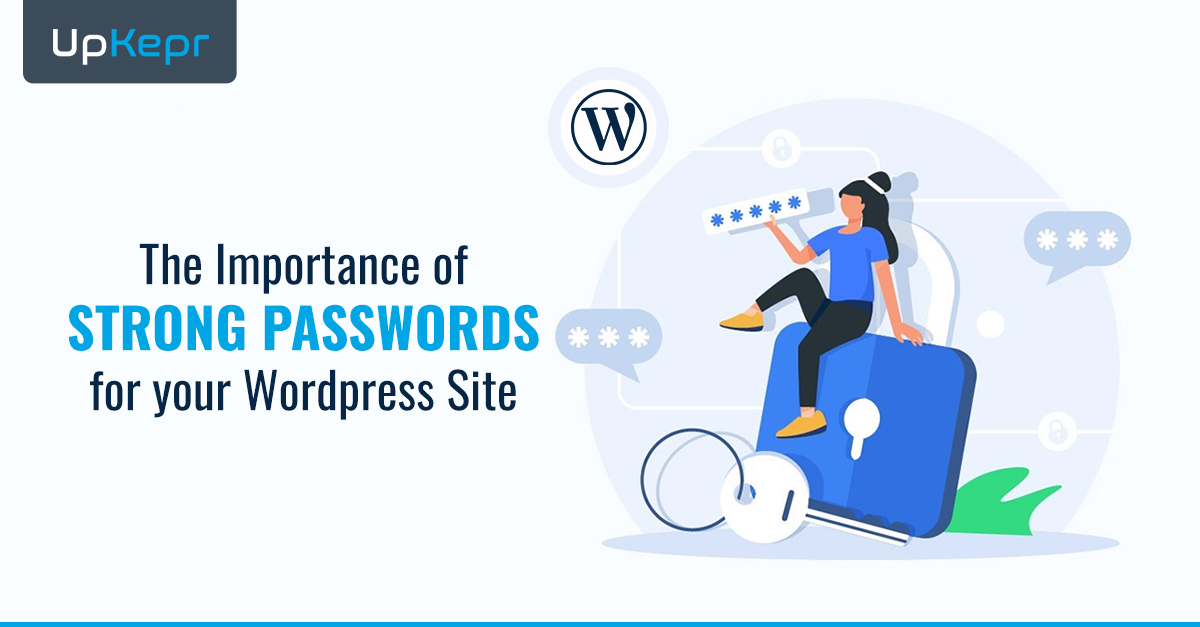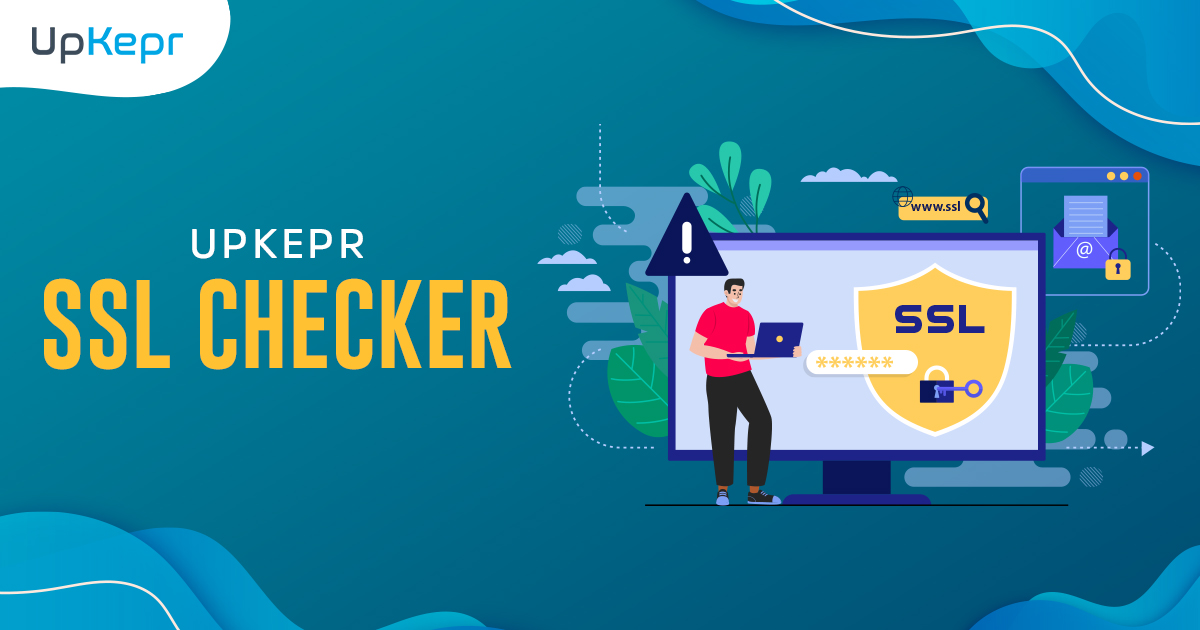
Are Outdated WordPress Plugins a Security Risk for a Site?

WordPress is the most widely used content management system (CMS), powering over 40% of websites globally. While its flexibility and extensive plugin ecosystem make it a popular choice, it also introduces security concerns. One of the most common security risks comes from outdated WordPress plugins. Many site owners fail to update their plugins, leaving their websites vulnerable to attacks. In this blog, we’ll explore how outdated plugins can pose a security risk and what you can do to safeguard your website.
The Risks of Outdated WordPress Plugins
1. Security Vulnerabilities
Plugins extend the functionality of WordPress, but they also introduce potential security flaws. Hackers actively search for outdated plugins with known vulnerabilities to exploit. When a developer discovers a security issue, they typically release an update to fix it. However, if you fail to update the plugin, your website remains exposed to potential attacks.
2. Malware Infections
Outdated plugins can be a gateway for malware infections. Cybercriminals exploit vulnerabilities to inject malicious code into your website. This can lead to phishing attacks, spam, unauthorized redirects, or even full site takeovers. Malware can also impact user experience, damage your site’s reputation, and lead to blacklisting by search engines.
3. Data Breaches and Unauthorized Access
Plugins handle various aspects of your website, including user authentication, form submissions, and database interactions. If a vulnerability exists in a plugin, hackers can exploit it to steal sensitive information, gain unauthorized access, or execute database injections. This puts user data and your business reputation at risk.
4. Website Downtime and Performance Issues
Compromised plugins can slow down your website or cause frequent crashes. Hackers often use outdated plugins to inject scripts that consume excessive server resources, leading to slow loading times or even complete website downtime. This affects user experience, SEO rankings, and potential revenue.
5. SEO Penalties and Blacklisting
Search engines prioritize secure and well-maintained websites. If your site is infected due to outdated plugins, search engines may blacklist it, significantly reducing your visibility in search results. Recovering from blacklisting is challenging and can impact your business credibility and organic traffic.
How to Identify Vulnerable Plugins
To keep your WordPress site secure, you need to identify and manage vulnerable plugins proactively. Here’s how:
1. Regularly Check for Plugin Updates
Visit the Plugins section in your WordPress dashboard to see if any updates are available. Keeping plugins updated ensures that security patches are applied.
2. Monitor Plugin Security Reports
Security researchers and WordPress communities frequently publish vulnerability reports. Websites like WPScan and Wordfence provide details on known plugin vulnerabilities.
3. Use a Website Health Analyzer
A Website Analyzer & Checker can scan your website for outdated plugins and security vulnerabilities. This tool provides insights into performance, security risks, and outdated software.
✅ Use Website Analyser & Checker to boost site performance.
4. Remove Unused or Abandoned Plugins
If a plugin is no longer maintained by its developer or hasn’t been updated in a long time, it’s safer to remove it. Look for alternative plugins that are regularly updated and have positive reviews.
5. Scan Your Website for Malware
Use an
Upkepr Malware Detection tool to scan your website for infections or malicious scripts. Regular scanning helps detect threats before they cause significant damage.
✅ Run a Malware Detection scan to keep your website safe.
Best Practices to Avoid WordPress Plugin Vulnerabilities
1. Enable Automatic Updates
WordPress allows you to enable automatic updates for plugins. This ensures that the latest security patches are applied without manual intervention.
2. Download Plugins from Trusted Sources
Always download plugins from the official WordPress Plugin Repository or reputable third-party developers. Avoid downloading nulled or pirated plugins, as they often contain hidden malware.
3. Use a WordPress Vulnerability Scanner
An Upkepr WordPress Vulnerability Scanner can check your website for security risks, including outdated plugins and weak configurations. Running frequent scans can help you identify potential threats before they become a problem.
✅ Use a Upkepr WordPress Vulnerability Scanner to strengthen your site’s security.
4. Implement a Web Application Firewall (WAF)
A WAF helps block malicious traffic before it reaches your website. Services like Cloudflare and Sucuri provide firewall solutions that protect against plugin exploits and brute-force attacks.
5. Backup Your Website Regularly
Regular backups ensure that you can restore your website if something goes wrong. Use backup plugins or hosting services that offer automated backup solutions.
Scan Your Website With UpKepr Now
What to Do If Your Site Has Been Compromised
If you suspect that your WordPress website has been compromised due to an outdated plugin, take the following steps immediately:
- Scan for Malware – Use a Malware Detection tool to identify and remove malicious code.
- Update All Plugins and Themes – Ensure all outdated plugins and themes are updated to their latest versions.
- Change Passwords and Security Keys – Reset all login credentials, including administrator and database passwords.
- Check User Accounts – Remove unauthorized users who may have gained access to your site.
- Restore from a Clean Backup – If necessary, restore your website from a backup taken before the compromise.
- Harden WordPress Security – Implement security best practices such as enabling two-factor authentication (2FA) and restricting login attempts.
Conclusion
Keeping your WordPress site secure starts with addressing core vulnerabilities, detecting vulnerable plugins, and identifying risky themes. Regularly updating your WordPress core, plugins, and themes is crucial to prevent security breaches. Use a Upkepr WordPress Vulnerability Scanner to identify and fix potential threats before hackers exploit them. Stay proactive and protect your website today!



























































































 Sign Up with Google – Free
Sign Up with Google – Free Sign Up with Github – Free
Sign Up with Github – Free